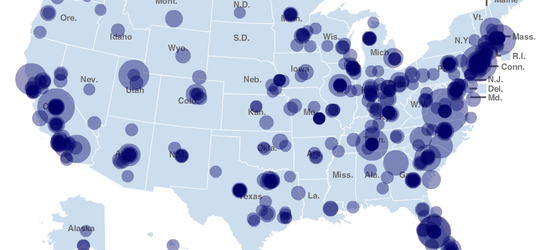Consumer Alert: Be aware of unauthorized in-app charges
First, we heard about consumers saddled with unauthorized in-app purchases made by children via Apple's iTunes store apps. Now we are learning that Amazon account holders were also burdened with unauthorized in-app purchases by children, in this case, also to the tune of millions of dollars. It is worth taking the time to ensure children cannot ring up unlimited charges via apps. Using parental controls wisely can be a big help with this.... (Consumer tips)



